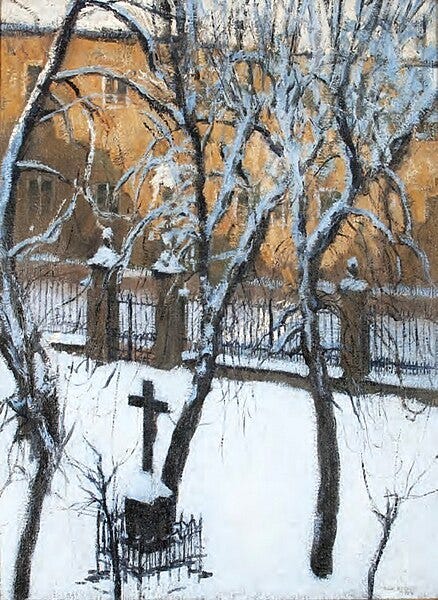Today’s Poem: Ode Written in the Beginning of the Year 1746
William Collins: Things fall apart
Keep reading with a 7-day free trial
Subscribe to Poems Ancient and Modern to keep reading this post and get 7 days of free access to the full post archives.




